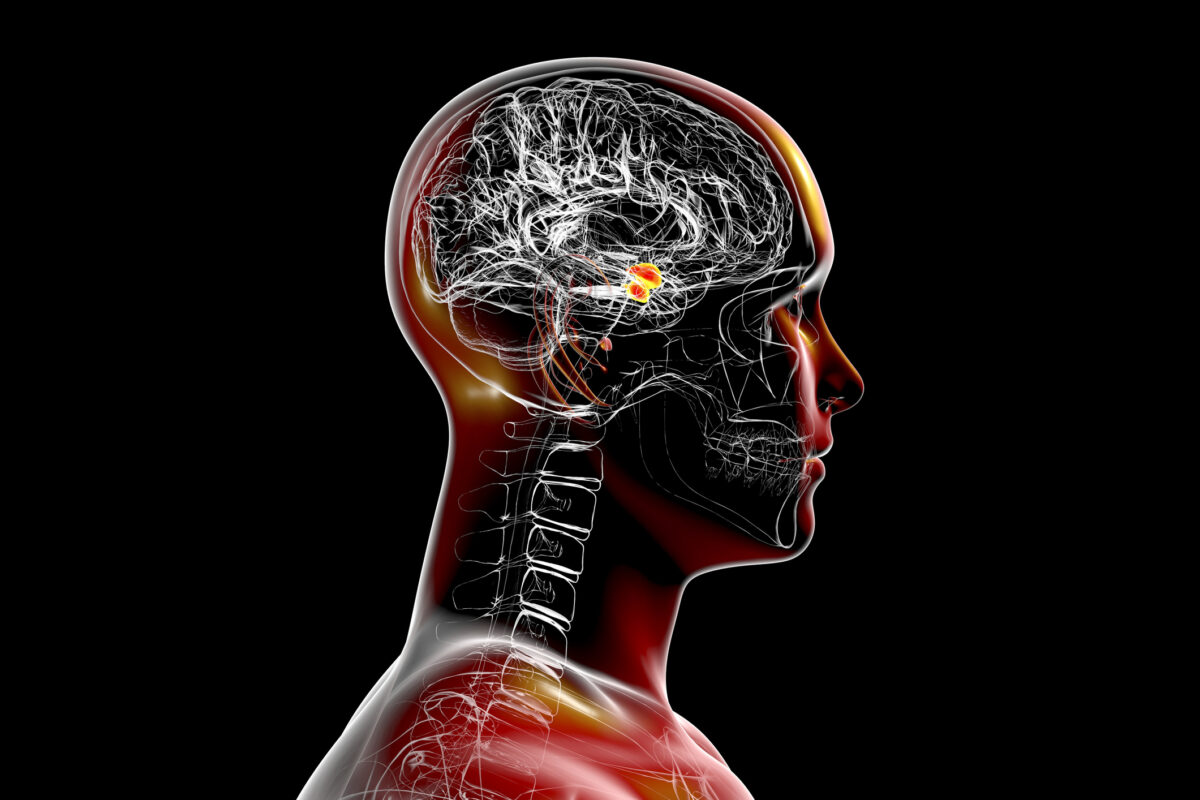New research finds link between obesity, brain health and composition of gut microbes

Two new studies have found a connection between obesity, brain health, and the effectiveness of gut microbes.
Researchers from the Yale School of Medicine carried out the study on obesity and the brain. They collected MRI and resting state functional MRI (fMRI – images from when the brain is at rest) data from a long-term study of brain development and child health in the United States – the Adolescent Brain Cognitive Development (ABCD) study. Using this information, they found a connection between pre-adolescent obesity and poor brain health.
The study analysed 5,169 children from across the country, with 21% classified as overweight and 17.6% as obese. Researchers found that children with higher weight and body mass index (BMI) scores showed evidence of “structural brain changes”, such as degrading white matter around the corpus callosum, which connects the brain’s two hemispheres, and in the tracts that connect all the major lobes of the brain.
A thinning of the cerebral cortex – the outer layer of neural tissue on the brain – was also seen, which can result in poor executive functions. These are typically essential for concentration, switching from one mental task to another, or prioritising relevant information when thinking.
The resting-state fMRI images also showed children with a higher weight and BMI score had decreased connectivity in the brain’s functional networks, which is necessary for cognitive control, motivation and reward-based decision making.
Simone Kaltenhauser, Post-Graduate Research Fellow in Radiology and Biomedical Imaging at Yale School of Medicine said in a statement: “We know being obese as an adult is associated with poor brain health. However, previous studies on children have often focused on small, specific study populations or single aspects of brain health.”
Sam Payabvash, senior author of the study and Neuroradiologist and Assistant Professor of Radiology and Biomedical Imaging at Yale School of Medicine also added that the findings showed a higher BMI in children could result in weakened cognitive function and performance in school.
He explained: “The longitudinal ABCD study gives us the opportunity to observe any changes that occur in children with higher weight and BMI z-scores. We’ll need to watch over the next 6 to 10 years.”
Childhood obesity is a growing epidemic in the US – as it is in the UK – with one in five children classified as obese according to the Centers for Disease Control and Prevention. Past studies have found high consumption of ultra-processed foods as well as pre-birth and early life influences on gut health, and pollution, are some major drivers of the health issue.
The second study, carried out by researchers at the University of Copenhagen’s Department of Nutrition, Exercise and Sports, revealed that obesity might be caused by bacteria, and some people may put on weight faster than others due to the composition of their gut microbes.
The scientists analysed the residual energy in the stools of 85 Danes to see how well their gut microbes extracted energy from food. They found approximately 40% of participants had a gut microbe which absorbed more energy from food, and that these individuals weighed 10% more on average.
Being overweight therefore may not solely be linked to an unhealthy diet or low levels of exercise, the researchers said, but also to the individual composition of gut microbes. For some, over-effective gut bacteria could be causing more calories to be absorbed, causing weight gain, even if they don’t overeat.
“We may have found a key to understanding why some people gain more weight than others, even when they don’t eat more or any differently. But this needs to be investigated further,” said Associate Professor Henrik Roager of the University of Copenhagen’s Department of Nutrition, Exercise and Sports.
Roager added: “The fact that our gut bacteria are great at extracting energy from food is basically a good thing, as the bacteria’s metabolism of food provides extra energy in the form of, for example, short-chain fatty acids, which are molecules that our body can use as energy-supplying fuel. But if we consume more than we burn, the extra energy provided by the intestinal bacteria may increase the risk of obesity.”
Could precision nutrition help to improve more people’s diets and overall health? Find out more in this Food Matters Live Podcast episode:









